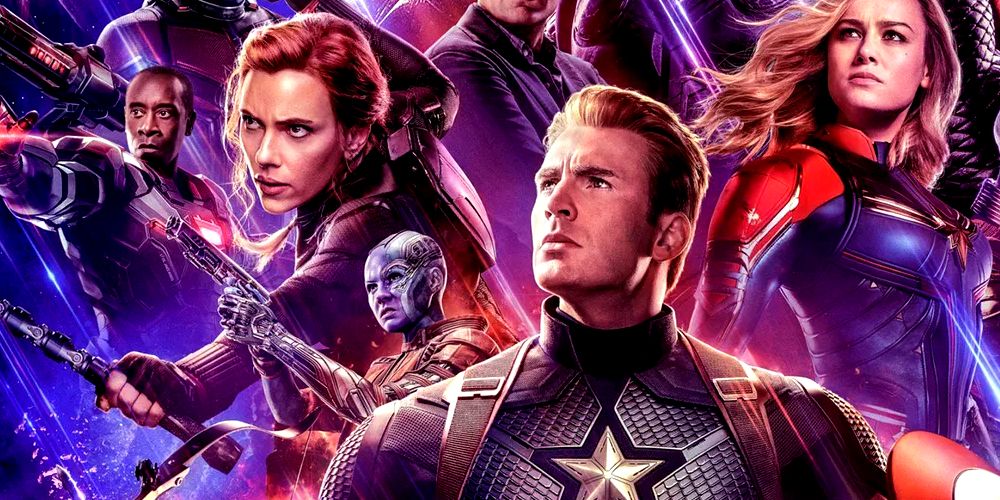The Marvel Cinematic Universe is only one of the many arms of the Disney juggernaut, but it also happens to be one of the biggest media franchises of all time.
Just look at how far in advance Marvel announces their movies (and various phases of its continuing storyline). You'd think the company had carefully planned out everything in advance.
But that's not the case!
The MCU had a rocky start, and the origins of the MCU were anything but "carefully planned." In fact, there were a few times when the MCU could have buckled under itself.
The truth is, Marvel has been trying to break into the world of Hollywood for a long, long time. The success of the MCU is thanks to years and years and years of hard work beforehand.
Superhero Movies Before the MCU
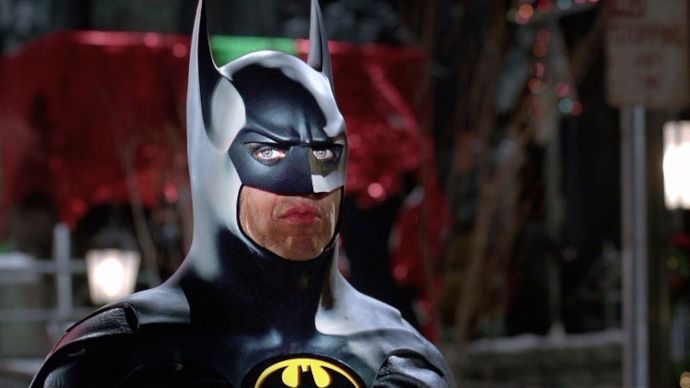
These days, superhero movies do pretty well at the box office. Doesn't matter if we're talking about MCU, DC, or whatever other universe—they're expected to do well.
But it wasn't all that long ago when superhero movies often bombed at the box office, and audiences rolled their eyes when another superhero movie was announced.
Except for a few rare winners—Tim Burton's 1989 Batman (1989) was good, as was the follow-up Batman Returns (1992), and some of the earlier Superman movies were solid enough—most were forgettable at best, cringe-worthy at worst.
Fantastic Four (2005) was anything but fantastic, and its sequel was somehow worse. Daredevil (2003) and Elektra (2005) were just bad. Catwoman (2004) was insultingly bad. It's actually amazing that studio execs continued pumping these out...
When Did Marvel Start Doing Movies?
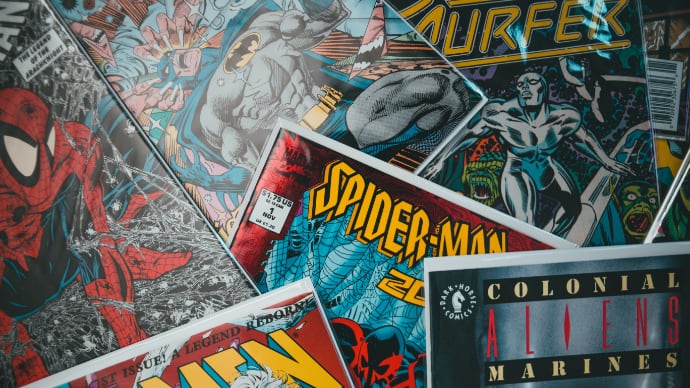
While Stan Lee scripted and edited most of Marvel's earliest comic series—and many later series as well—he stepped out of the day-to-day production process in 1972.
Lee continued to work at Marvel, but more as a public face than in any editorial capacity. Instead, he and others at the company set their sights on expanding into other media formats.
In 1981, Lee moved from New York (where Marvel Comics was headquartered) to California to focus exclusively on Marvel's screen pursuits, both big and small.
Given the large gap between when he moved and when the first Marvel movies began popping up, you can tell things didn't go as planned for him or the company.
Splintered Marvel Movie Rights
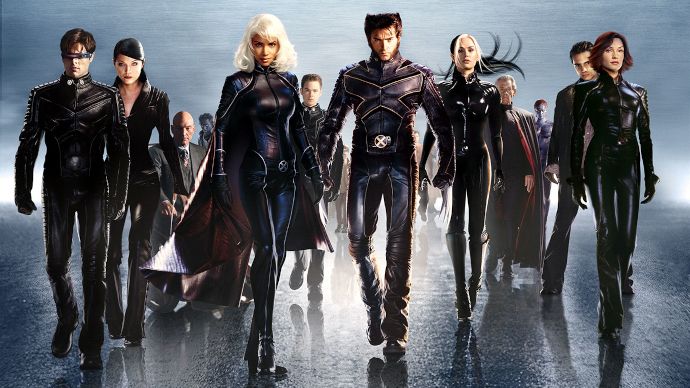
In the beginning, Lee took Marvel in a direction that made sense at the time: he focused on signing deals with other production companies to produce Marvel movie content.
This decision is what eventually led to movie rights splintering off to various companies. Ever wondered why the X-Men franchise is distributed by Fox while earlier Spider-Man movies were produced by Sony? Those issues come back to this early approach.
Of course, this approach is fine for one-off productions. But when you're trying to create a shared universe where crossover events are not only common but expected, juggling movie rights between many companies can be tough.
The One That Got Away
In retrospect, there was a huge problem with these movie rights going to different companies—and not just because it prevented others from making Marvel movies.
It led to many questionable creative decisions.
For example, Constantin Film was one of the companies who managed to snag a license from Marvel: the film rights to the Fantastic Four series.
While the company acquired these rights in 1986, they didn't do anything with those rights until 1994, when it hired a famous low-budget director to produce a film on a very tight budget:
Looking back, we can surmise that this particular movie was only made so that Constanin Film could keep the rights. But very few people—not even the actors—knew this at the time.
The 1994 version of Fantastic Four was so bad that Marvel Comics tried to prevent its release by paying for the film's negative. Unfortunately, a trailer for the movie eventually made its way to the public and bootleg copies were sold.
Marvel Takes Control of Their Movies
In 2008, the first film in what would be known as the Marvel Cinematic Universe was released: Iron Man.
Iron Man was several years in the making, and it also faced a long history of rights issues that almost drove it into the ground. But somehow, it escaped that terrible fate.
Instead, Marvel Comics launched Marvel Studios in 2005 to take a hands-on approach with their own intellectual properties. Unhappy with previous dealings and most Marvel movie adaptations up until that point, Avi Arad and Kevin Feige took control.
And Iron Man opened the floodgates.
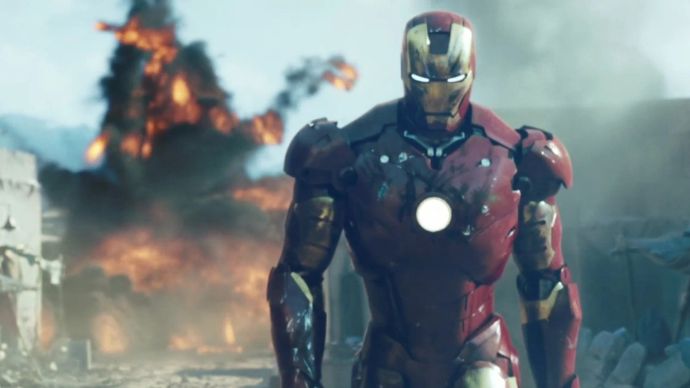
Afterwards, we saw an influx of increasingly popular superhero movies, including The Incredible Hulk, Thor, and Captain America: The First Avenger. But it was Marvel's The Avengers in 2012 that solidified the Marvel Cinematic Universe as what it is.
And considering the fact that Avengers: Endgame is now the highest-grossing movie of all time? We can confidently say that this was the right direction for Marvel to take.
As the saying goes: "If you want something done right, do it yourself." Ain't that right, Marvel Studios?
The Future of the MCU
While the MCU has been on a huge upswing up until Avengers: Endgame, that upswing has to end at some point. But when?
People were largely predicting the decline of the MCU years before Infinity War and Endgame, yet those movies came out and smashed all kinds of records—and Marvel just keeps moving on.
We're entering a new phase of the MCU now. Will its popularity falter and come to an end? Yes, it always does. But will it be anytime soon? I don't think so. And even if it is, we'll get some fantastic movies meanwhile.
